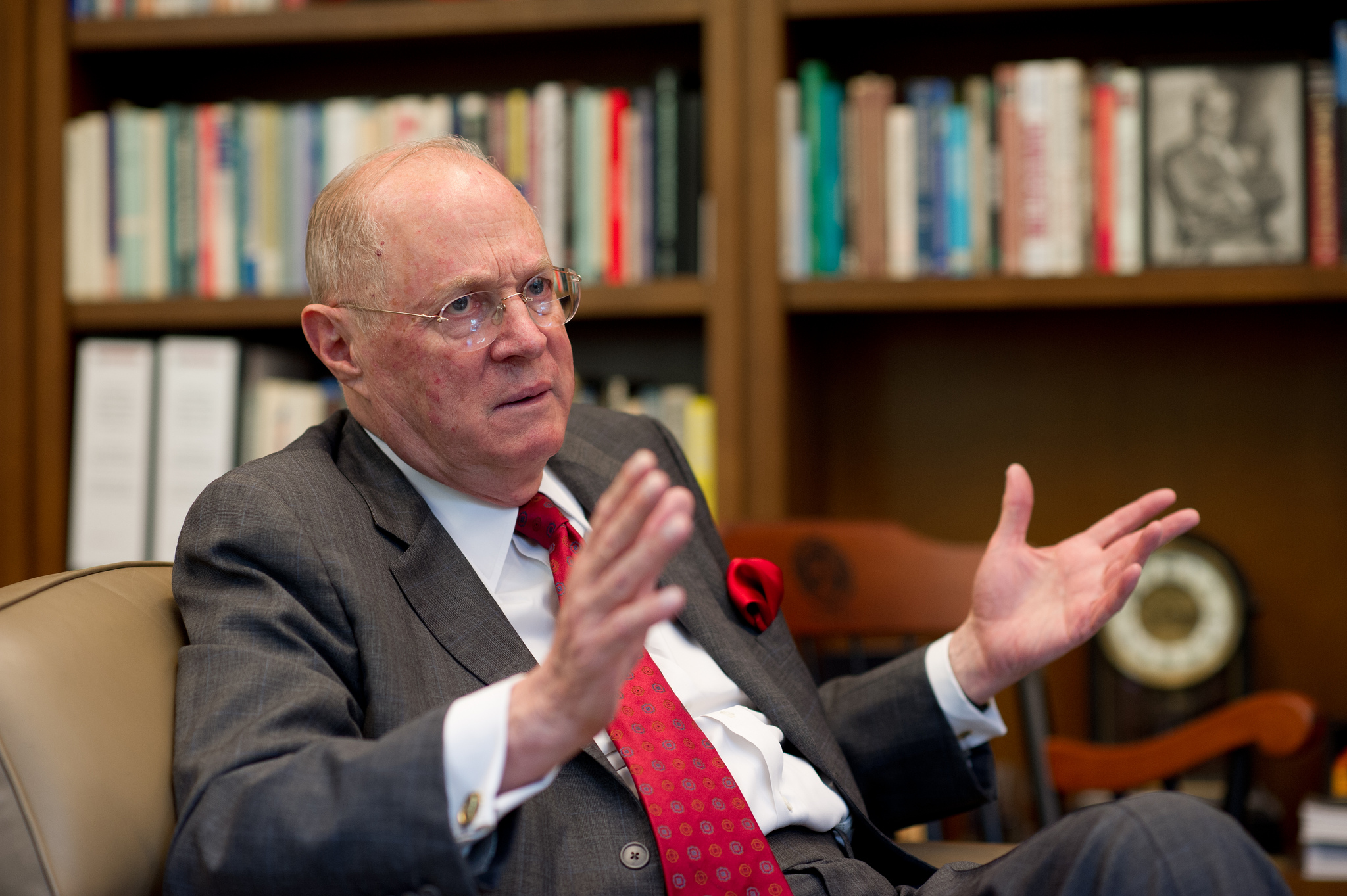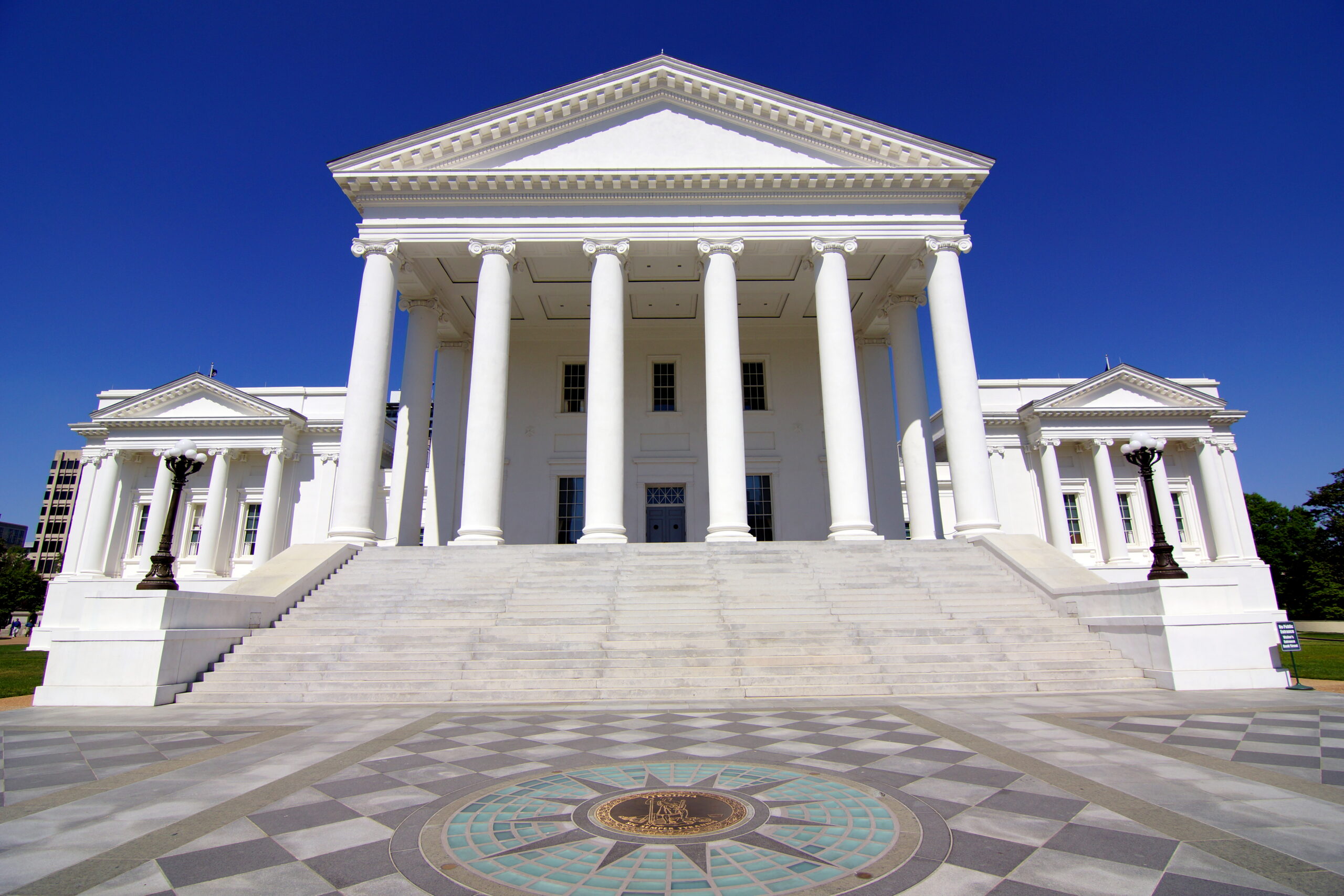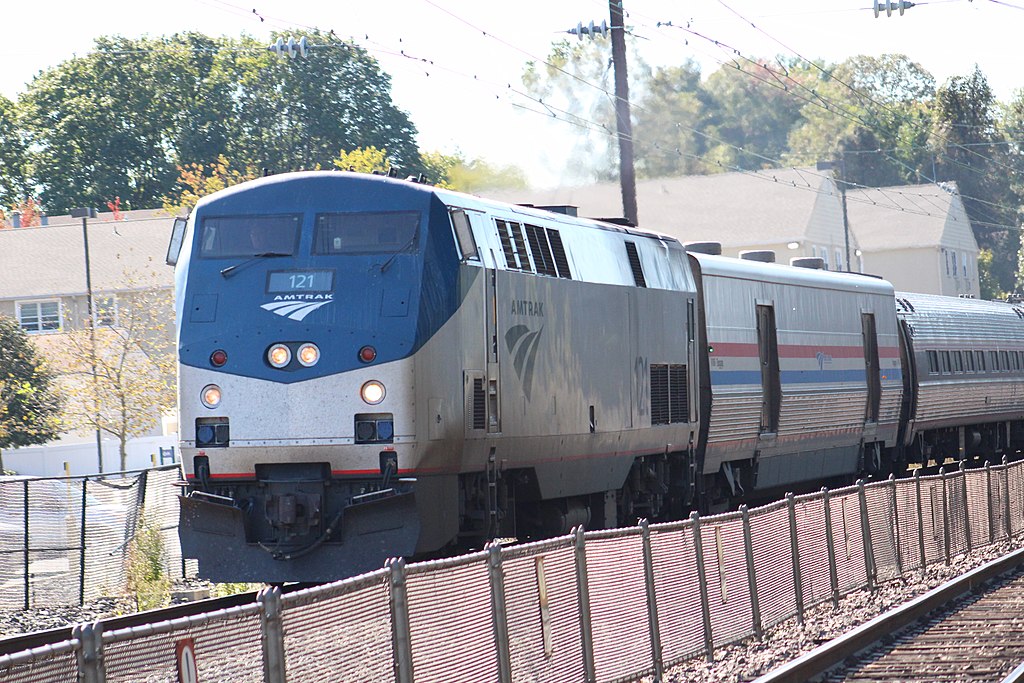Some speculate that Supreme Court Justice Anthony Kennedy, the bench’s swing-voter, may retirement this summer, sparking the beginning of a political battle to replace the “conservative” seat. As Republican congressional nominees have often added lines of strict constitutionalist jurisprudence being the best guiding factor in the nation’s highest court, the replacement of the deceased Justice Antonin Scalia influenced votes that sent President Donald Trump to victory in the 2016 election.
The Washington Post reports that, “in 2016, exit polls showed that for every two Hillary Clinton supporters who said that the fate of the Supreme Court was the most important factor in their vote, there were three voters who backed Trump for that reason.” This large judicial enthusiasm gap played favor to Trump’s eventual nomination of Neil Gorsuch after the year-long Supreme Court vacancy.
As an originalist in his constitutional interpretation, Gorsuch, as a judge for the Tenth Circuit United States Court of Appeals he gained a reputation for his tendency to favor state power over federal and broadly defining and then protecting religious liberties. He is quoted in Oyez saying, the law “doesn’t just apply to protect popular religious beliefs: it does perhaps its most important work in protecting unpopular religious beliefs, vindicating this nation’s long-held aspiration to serve as a refuge of religious tolerance.”
Now that Gorsuch is an associate justice, the Court’s “political” spread sits at a 5-4 conservative advantage. However, with Kennedy’s presumed retirement coming quickly and the aging Justice Ruth Bader Ginsburg, there is a possibility that with President Trump’s conservative nominations the Court will have a 6-3, or even 7-2 conservative lean by the end of his presidential tenure.
Considering the next generation of jurisprudence will be decided by Kennedy’s successor, the battle for confirmation in the Senate may be as heated as it was when Ronald Reagan nominated D.C. Circuit Court Judge Robert Bork in 1987. One of the contentions with Bork’s confirmation apart from issues with civil rights and voting fairness was that he would vote to reverse the Court’s 1973 decision in Roe v. Wade, providing the right to an abortion under the right to privacy protected by the Fourteenth Amendment.
One of Trump’s campaign promises in 2016 was that he would nominate anti-abortion judges to overturn Roe v. Wade with similar rhetoric coming from Vice President Mike Pence. In a few presidential debates, when asked about the Court’s decision, Trump said the issue of abortion should be regulated by the states.
[youtube https://www.youtube.com/watch?v=qb6da7ZPegE]
During his confirmation hearing, Gorsuch testified that Trump never pushed him to rule a specific way. He even told those at the hearing that he, “would’ve walked out the door,” if he was told how to decide a case. According to The Atlantic, during the 11-hour session, that Roe v. Wade is, “precedent of the United States Supreme Court.”
The president will undoubtedly nominate a legal mind like Gorsuch who favors states rights in their constitutional originality. Though, unlike the new justice, a potential nominee who will move forward with altering the jurisprudence stemming from Roe v. Wade may be tapped by Trump.
For political liberals who believe that the framework of the Constitution is evolving and wish to have a Supreme Court judge with a loose interpretation, the midterm elections pose a real risk.
Gorsuch was confirmed with only 54 “yes” votes. Four of his conservative supporters, Senators Luther Strange (R-AL), John McCain (R-AZ), Jeff Flake (R-AZ), and Bob Corker (R-TN), are either retired, retiring, or maintain a much different, less favorable relationship with Trump than they did in early 2017. Moreover, the conformation of Gorsuch also depended on three Democrats, all of whom are up for reelection this year: Heidi Heitkamp (D-ND), Joe Donnelly (D-IN), and Joe Manchin (D-WV).
In the anti-Trump fueled political battles within vulnerable districts, where there are retiring Republicans or those up for reelection, the matter of the court’s balance may be a premier deciding factor.
While the three “yes” votes giving Gorsuch the nod from Democrats are up for reelection, they are fairly safe in their seats. The real unknown is even if incumbent Senate Republicans keep their seats in 2018, will there be enough support to confirm a constitutional hard-liner for the Supreme Court.
Such as the case was with Bork’s nomination, a deeply conservative judge may not have the likeness to be confirmed and a moderate swing-voter like Kennedy, who was confirmed after the Bork debacle, may be more favorable to a shifting political demographic and centrist Senate Republicans.







